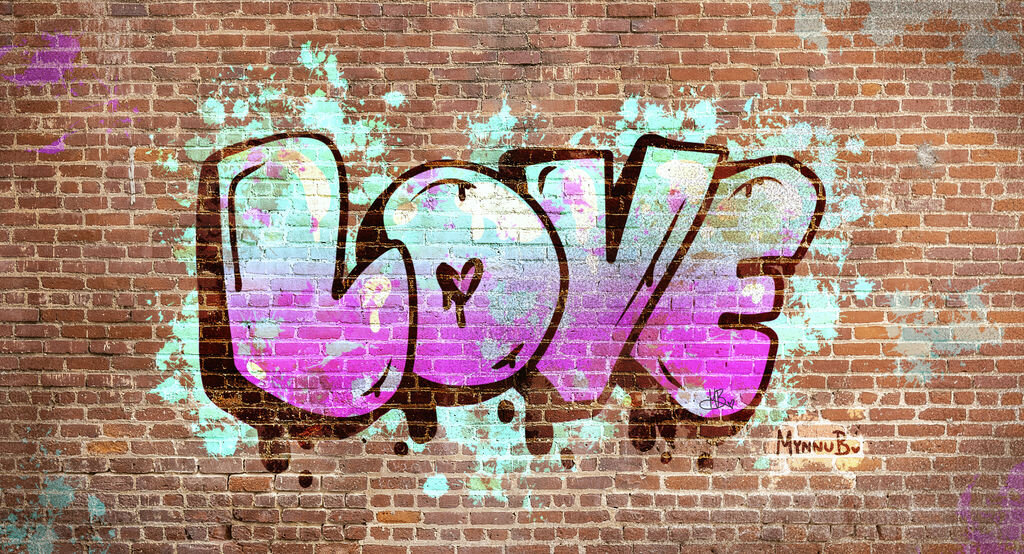
Love your neighbor Sundays.
(most) Fourth Sundays.
We believe the call to love our neighbor extends far beyond simply telling people about God’s love, but showing God’s love in real and tangible ways — with no strings attached.
That’s why once a month (usually on fourth Sundays), we intentionally carve out space as a community to serve and bless our neighbors and to work together for the common good.
Additionally, Love Your Neighbor Sunday is an opportunity to expand our understanding of what it means to care for the poor, oppressed and marginalized by bringing attention to different issues happening around us and by highlighting the work and stories of community leaders and organizations who are on the ground loving and serving our neighbors on a regular and ongoing basis.
Our hope is that as we practice loving our neighbor together in community once a month, we would be empowered and inspired to live a holistic lifestyle of love for neighbor, every single day of the week.
What does it look like to love our neighbors?
While there are endless possibilities for what loving neighbor can look like, the following four categories might be helpful to consider as you discern how God might be inviting you to engage. We’ve also curated a list of community partner orgs here that you can connect with for a variety of volunteer opportunities.
Relationships.
Who outside of your immediate circle can you intentionally build genuine relationship with and invest in?
Hospitality.
How can you create a safe and inclusive space where someone who feels alone can belong and feel valued and loved?
Service.
How can you give of your time, energy and resources to bring help, relief and aid to someone that is hurting or in need?
Advocacy.
How can you use your voice, privilege, and influence to address broken systems and structures that are oppressive?
Community partner conversations.
If we’re truly going to be for the common good, the scriptures challenge us to pay special attention to caring especially for those who have been ignored, forgotten and deemed the least and the last in our societies (Matthew 25:31-46, James 1:27).
Check out some of the amazing conversations we’ve had with community leaders and organizations that are doing great work in service to some of the most vulnerable in our communities.
